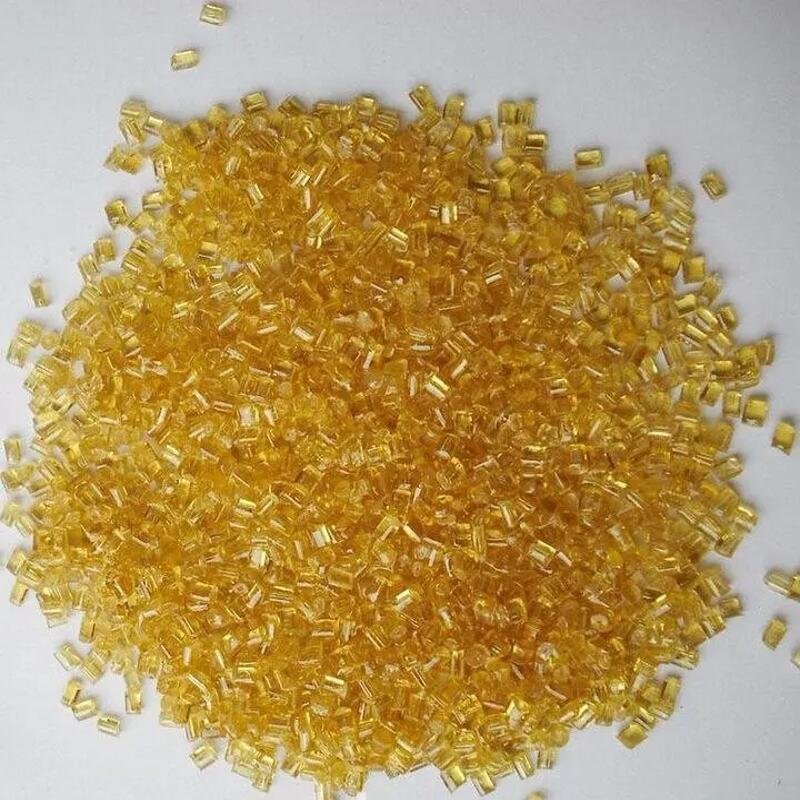-
Categories
-
Pharmaceutical Intermediates
-
Active Pharmaceutical Ingredients
-
Food Additives
- Industrial Coatings
- Agrochemicals
- Dyes and Pigments
- Surfactant
- Flavors and Fragrances
- Chemical Reagents
- Catalyst and Auxiliary
- Natural Products
- Inorganic Chemistry
-
Organic Chemistry
-
Biochemical Engineering
- Analytical Chemistry
-
Cosmetic Ingredient
- Water Treatment Chemical
-
Pharmaceutical Intermediates
Promotion
ECHEMI Mall
Wholesale
Weekly Price
Exhibition
News
-
Trade Service
The World Health Organization (WHO) has called for further assessment of microplastics in the environment and their potential impact on human health after publishing an analysis of the results of current research on microplastics in drinking wat.
The Director of WHO's Department of Public Health, Environment and Social Determinants of Health said, "We urgently need to better understand the impactof microplastics on heal.
The analytical report summarizes the latest knowledge on the issue of microplastics in drinking wat.
Further research is needed to more accurately assess microplastic exposure and its potential impact on human heal.
WHO recommends that drinking water suppliers and regulators prioritize removal of microbial pathogens and chemicals with known risks to human health, such as those responsible for deadly diarrhoeal disea.
Through wastewater treatment, more than 90% of microplastics can be removed from wastewater, and tertiary treatment methods (such as filtration) have the highest removal rat.







